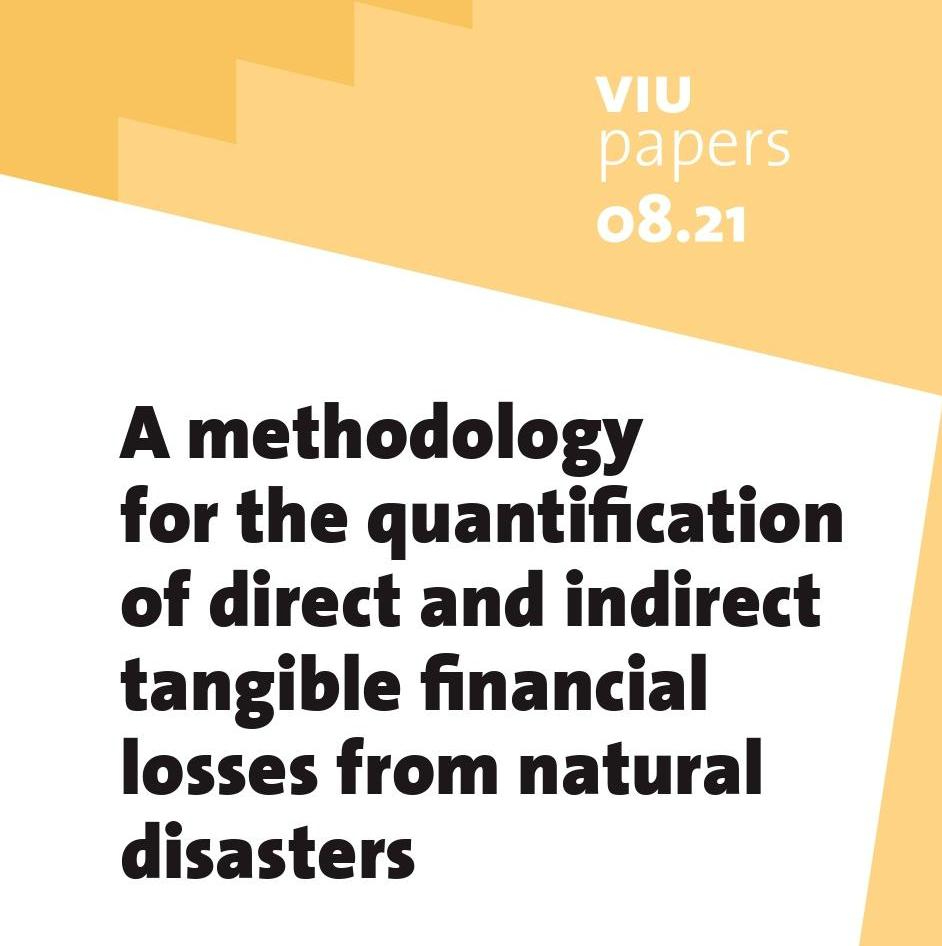Funded by The World Bank, the Feasibility Study is a research project that focuses on floods as some of the riskiest natural disasters in terms of threat to human lives and economic costs. It takes into account the evidence that flooding is getting more serious over time, in terms of frequency, strength and of the consequent damages and the loss of life that may derive, with a substantial increase in the number of flood disasters recorded in recent decades.
There is consensus that not only direct damages are important (i.e. those caused by the direct contact of human and environmental assets with flood), but also indirect ones. Indirect damages to economic activities arise as a consequence of a disaster, as a follow-on to the direct losses caused by the hazard, typically in areas that were not in direct contact with the flood water. The Study investigates direct and indirect losses from natural disaster, by measuring their economic impact and by designing a methodology to assess the tangible costs associated with high severity flood events.
To meet this objective, the Study has been divided in three phases:
i) Review of the literature to describe the state of the art of methodologies employed for assessing direct and indirect tangible costs;
ii) Design of a methodology for assessing direct and indirect tangible costs based upon previous work conducted by the consultant team;
iii) Estimate of the share of indirect economic costs as part of the total economic costs for two case studies.
The research team is coordinated by the VIU Dean Prof. Carlo Giupponi and made up of researchers from VIU, Ca’ Foscari University and the Euro-Mediterranean Center on Climate Change.
The final Report is expected for the beginning of May 2019.






















